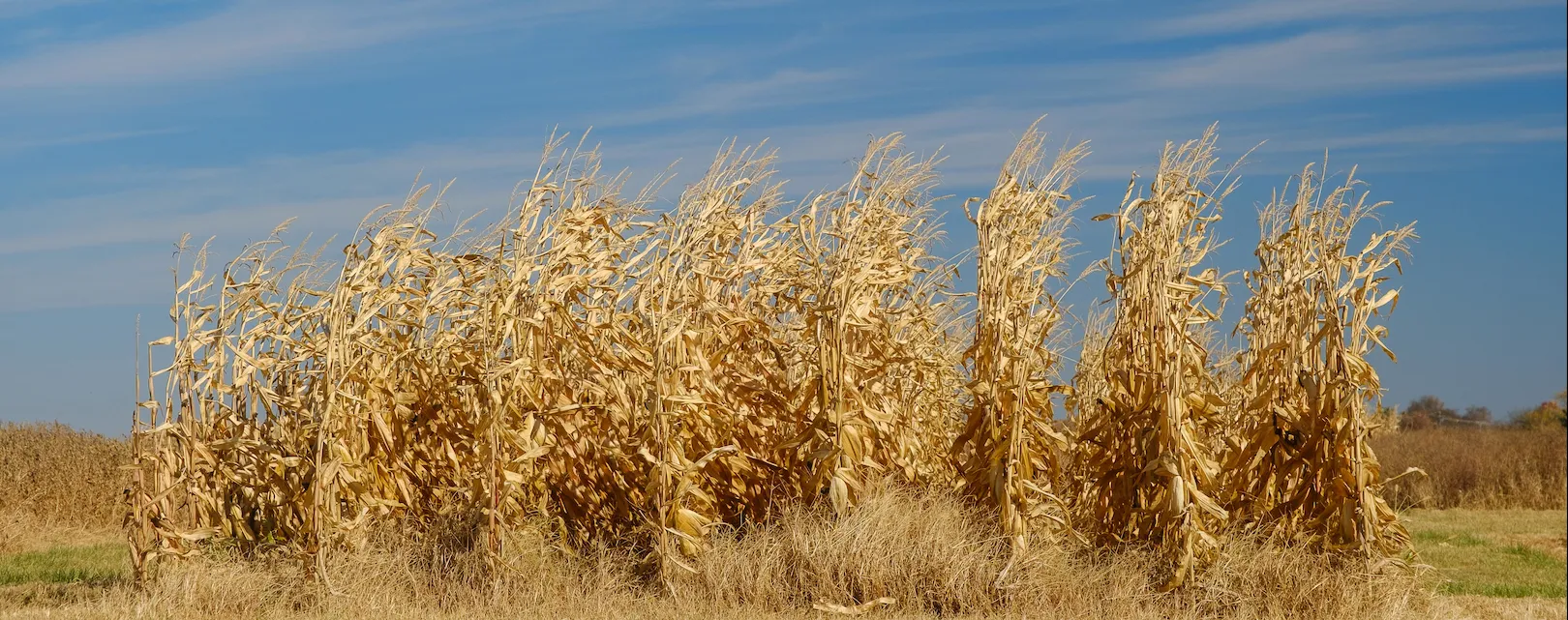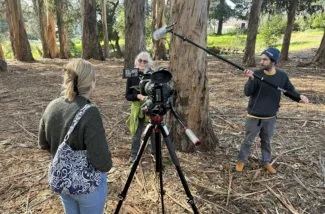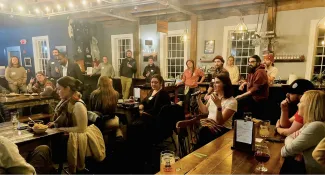After serving rural Martin County, N.C., for 73 years, Martin General hospital closed its doors, leaving the community's 22,000 residents without a medical care center. Like many rural hospitals across the United States, Martin General had faced shrinking profits and bankruptcy before it closed. But that's not the end of Martin General's story.
As U.S. inflation slowly tracks downward, some painful increases remain difficult for Americans to afford. "Prices for many of the things that are hard to do without are still posting eye-watering increases. Rent and electricity bills are up 10% or more over the past two years, and car-insurance costs are up nearly 40%."
In the not-so-distant past, county election officials could expect to register voters and repair voting machines. But in more recent election years, including 2024, their jobs have become overwhelming and at times, dangerous.
Taking fracking wastewater and injecting it miles underground is the cheapest and most common way to get rid of Texas oilfield used or "produced water," but a new study from Southern Methodist University found that the toxic water may not be staying underground.
This opinion piece by Art Cullen, editor of the Storm Lake Times Pilot in Iowa, has been gently edited for Rural Blog brevity. "Kamala Harris and the Democrats do well to have Minnesota Gov. Tim Walz on their national ticket as the vice-presidential nominee. He’s rural, for real. Walz has broad appeal in Upper Midwest battleground states, is well-versed in the you-betcha vernacular, and is well-suited in Carhartt with a camo cap. . . "
The popular weedkiller, Dactha, has been removed from U.S. sales floors by the Environmental Protection Agency, which issued an "emergency suspension of DCPA, citing a serious risk to pregnant women and their unborn babies.
Rural places aren't cliche or boring and reporting on them shouldn't be either. If you're a rural reporter, you already know that part, but what can journalists from all walks of life do to make the diversity of rural Americans come to life for non-rural readers?
One way struggling rural hospitals cut costs is by closing specialized services such as rural cancer care units, which are expensive to staff and run. As more country hospitals have shed cancer care treatment, rural residents face longer drives for treatment and poorer cancer outcomes.
Some states are using new ways to get younger people to return to or join rural communities and put down roots. The goal of each state's plan is to get previous rural residents to return and to attract new residents. To entice both groups, planners and policymakers have created platforms for conversations where younger people's ideas and voices are valued and used by decision-makers.









